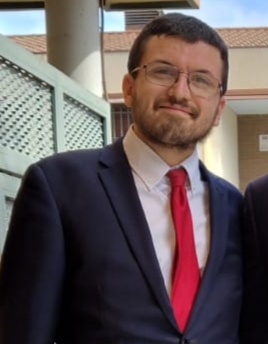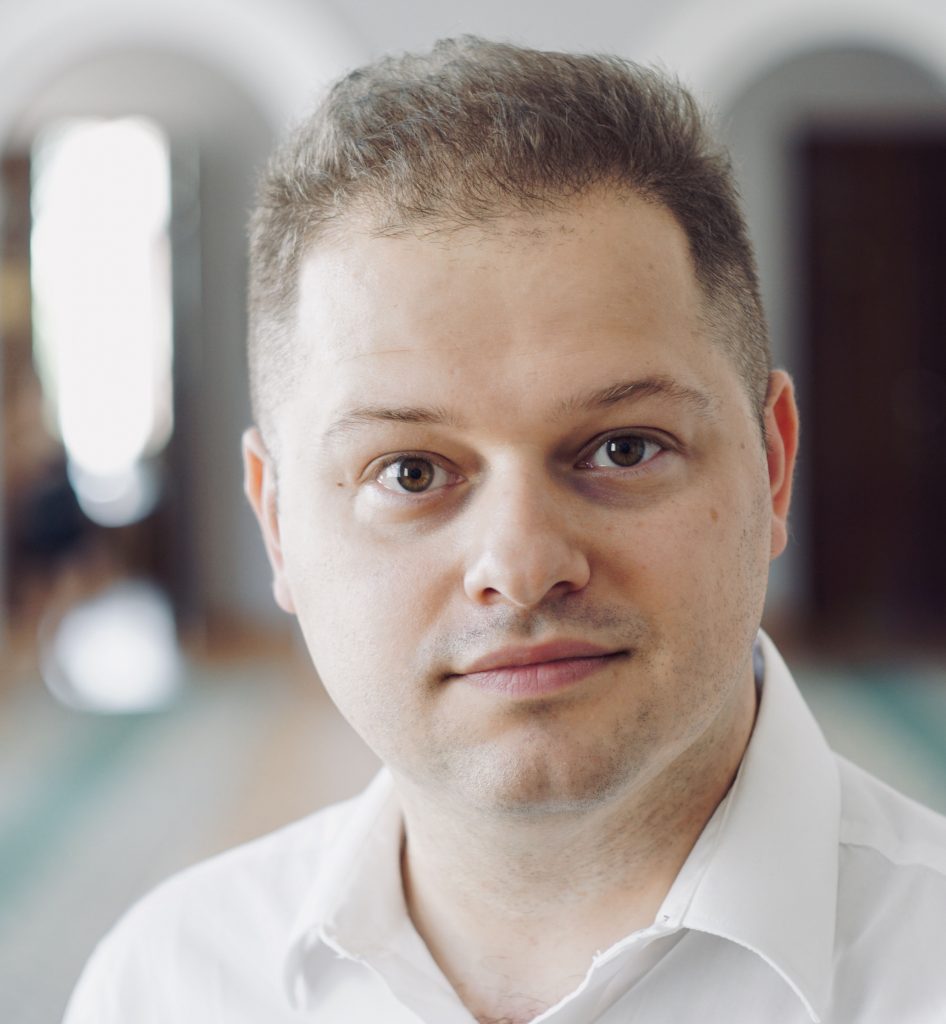Naming of Religious Organizations in Romania

Cătălin Raiu is an associate professor at the University of Bucharest, Romania.
Mihai Miron is a senior expert in the government of Romania’s State Secretariat for Religious Affairs.
Tiers of Religious Entities in Romania

In Romania, religious freedom is guaranteed both at the constitutional level and through Law No. 489/2006 on Religious Freedom and the General Status of Religious Denominations. This law was negotiated and adopted by the Romanian Parliament as a prerequisite for Romania’s accession to the European Union in 2007.
Romania fits into the mainstream European religion-state model[1] as it does not have a state or national church. All religious organizations are legally equal in their relationship with state authorities and among one another, and discrimination is prohibited. The Romanian legal framework permits the operation of all types of religious communities, whether registered or unregistered, making the free exercise of religious freedom completely unlinked to formal registration.


